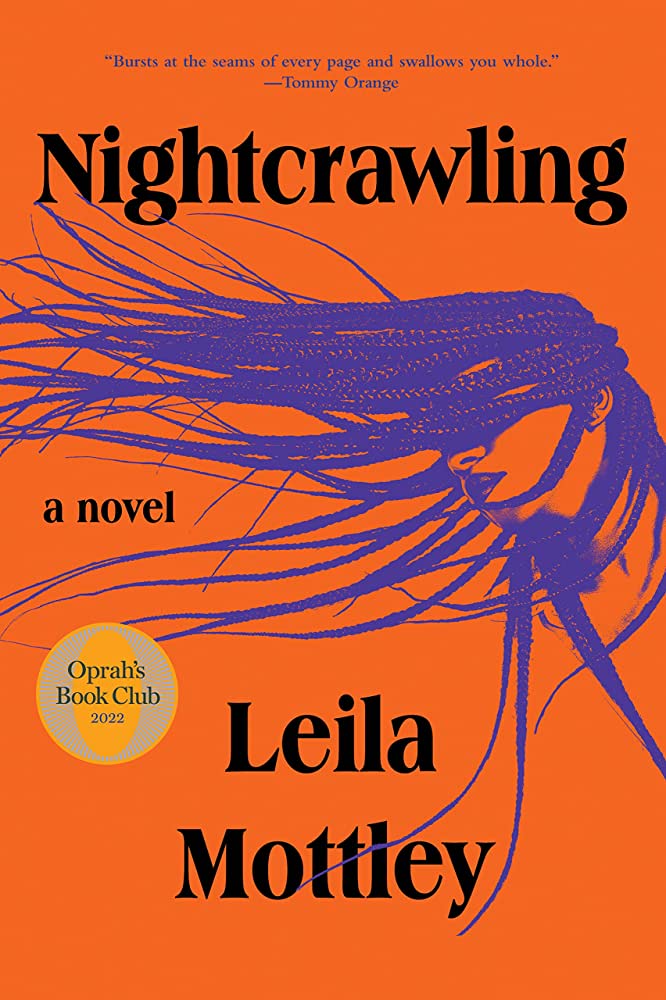Nightcrawling: A Book Review By: Paloma Lenz


A case involving Oakland police officers and the sexual exploitation of young girls in 2015 prompted the exploration into what became Leila Mottley’s debut novel Nightcrawling.
Seventeen-year-old Kiara lives with her older brother Marcus in what used to be their family’s apartment. Her dad is dead, and her mom lives in a halfway house after being charged and tried for neglect, which resulted in the death of Kiara’s baby sister Soraya.
Marcus quit working to pursue rap superstardom, leaving Kiara to figure out how to make rent, keep the lights on and feed them all, including Trevor, their nine-year-old neighbor. Since Trevor’s mother Dee disappears for weeks at a time, Kiara cares for him while she’s away. Kiara’s desperate for money. A rent increase and the prospect of homelessness are looming. She’s deemed too young or inexperienced for a job at every turn, so she turns to the streets for cash.
That’s when she encounters Oakland police officers who take possession of her for their pleasure. They provide the money she desperately needs, while they threaten her life and freedom in exchange for her silence.
Forced into isolation, Kiara grows closer to Trevor, allowing him to live with her after Marcus leaves. Struggling to hold onto a semblance of childhood, Kiara and Trevor find common ground on the basketball court, where they begin hustling other kids at two-on-two games.
The erasure of black girlhood is the central tenet of Mottley’s novel. She juxtaposes childhood innocence with ominous scenes like Trevor and Kiara swimming in their apartment complex’s pool. Kiara emerges from the water to find two suited officers standing over the edge and leering down at her, judging her actions and appearance as she and Trevor drag themselves back onto solid ground.
After an Oakland police officer names Kiara in his suicide note, the police department launches an internal investigation into his claims. She becomes a star witness in a possible grand jury indictment. Unfortunately, she’s also being watched and harassed by the same men in badges that abuse her body.
Kiara’s story is painful in its authenticity. From the supporting characters that echo her unheard screams and despair in different ways to the description of her crumbling surroundings, Mottley leads readers through America’s underbelly, exposing a flawed society focused on coverups instead of justice.
In her author’s note, Mottley explains that when she began writing Nightcrawling at seventeen, she was “contemplating what it meant to be vulnerable, unprotected, and unseen. Like many black girls… I learned that my own safety, body, and dreams were secondary, that there was no one and nothing that could or would protect me.” Mottley does a magnificent job depicting the sense of hopelessness and desperation that come from a lack of any sense of protection or agency.



